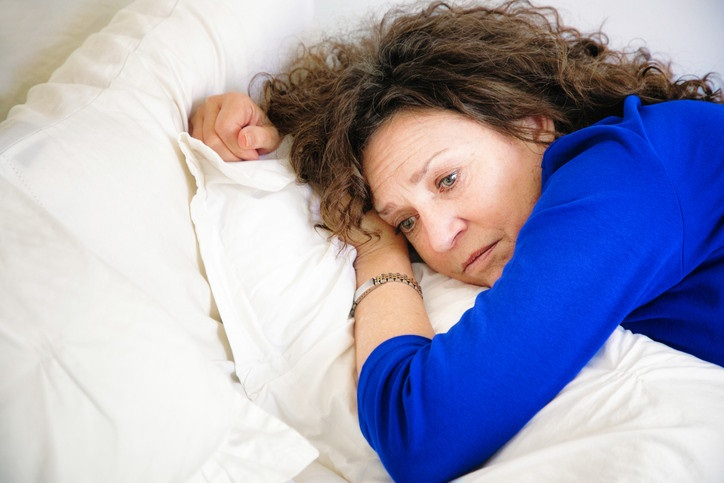Poor sleep is linked to depression

As said above, a good sleep will certainly make a good body. And therefore, not sleeping enough and poor sleep quality will increase the chances of getting various health issues. One of the most harmful that not getting enough sleep will get you is mental health issues such as depression. in fact, insomnia, or the difficulty of getting to sleep and staying asleep, is one of the typical symptoms of depression.
People with anxiety and depression were more likely to report having poorer sleep than those without these diseases, according to a study including 2,672 participants. Another study found that those with sleeping issues like insomnia or obstructive sleep apnea have higher rates of depression than people without such issues. If you have trouble sleeping and realize that your mental health has worsened, it's important to speak with a health professional.
The reason behind that is that insufficient sleep can significantly affect the body's inflammatory reaction. Sleep has a significant role in controlling the central nervous system. Two stress-response systems notably affected by it are the sympathetic nervous system and the hypothalamic-pituitary-adrenal (HPA) axis. It is well established that sleep disruption and sleep deprivation trigger inflammatory signaling pathways and raise levels of C-reactive protein and interleukin-6, two detrimental inflammation indicators. Chronic inflammation can eventually lead to the onset of a variety of chronic illnesses, including obesity, heart disease, some types of cancer, Alzheimer's disease, type 2 diabetes, and of course, depression.












